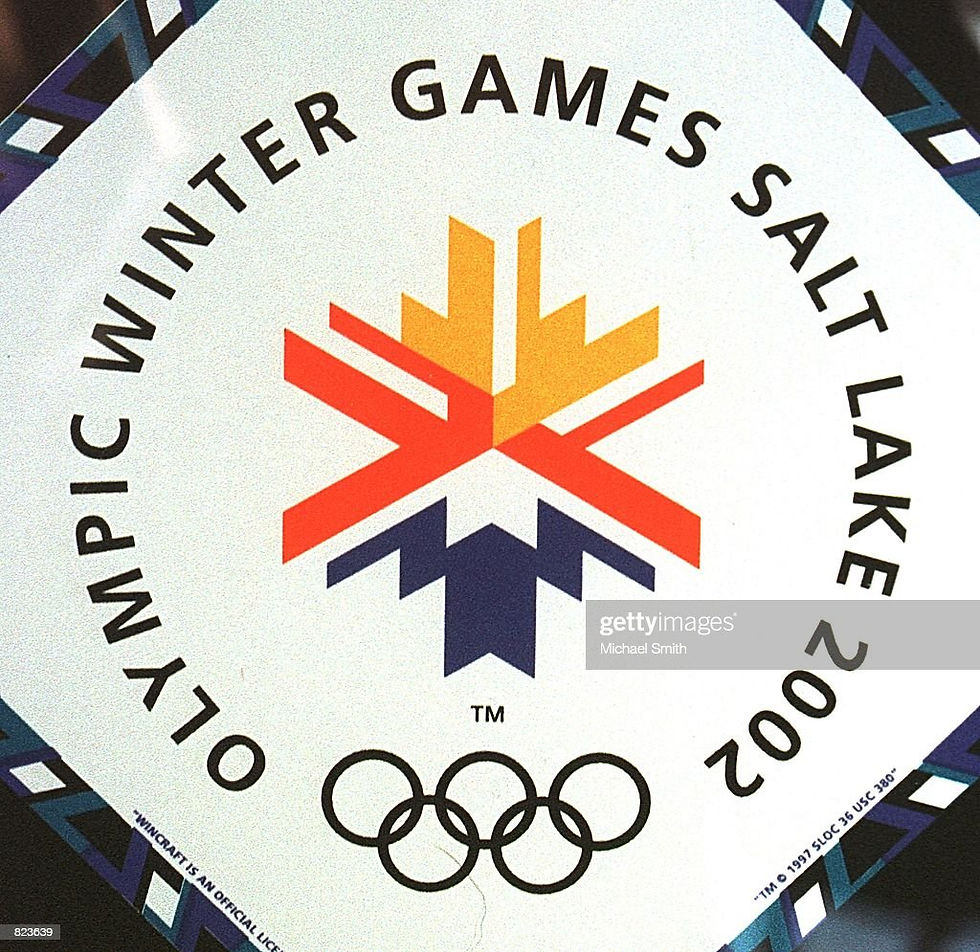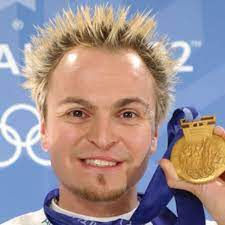Medal Table
- Ian Hyde-Lay

- Feb 15, 2022
- 4 min read
Updated: Feb 16, 2022
The Olympics.
An often-captivating jumble of global sport, they are held as separate winter and summer events in different countries every four years. At this moment in time, the focus is on Beijing. Yet, each in its own way leaves lasting memories.
In my mind, I return to Sydney 2000.

Acoustic guitarist Slim Dusty leads a jam-packed national stadium in a stirring rendition of “Waltzing Matilda”. Then, capping the two-week extravaganza, a spectacular fireworks display draws the Summer Games to a close.
Or so I think. Alas, a number of my Australian friends take one last opportunity to stick the knife in. They point to their country’s fourth place overall finish on the much ballyhooed medal table. 58 athletes in total reach the podium. 16 golds, 25 silvers, 17 bronzes. By way of comparison, Canada places well down the list. 24th overall. 3 golds, 3 silvers, 8 bronzes.

In response, given I know my Book of Proverbs, given I know that pride goeth before the fall, I should keep my trap shut. Yet, I can’t resist. “Just wait two years from now”, I fire back. “For the Winter Olympics. Then we'll talk about medals."
I exude confidence, even if the frosty quadrennials are traditionally choc a bloc full of events I don’t understand, or even want to. OK, I get ice hockey. Curling to a lesser degree. Happily, Canada is good at both of them. But slalom? And what exactly makes a Super G slalom so super? What real athlete truly wants to do halfpipe when superpipe is available?
The list goes on. Luge? Ice dancing? Monobob? Mass start biathlon? 30km pursuit? Nordic combined?

Or perhaps Skeleton? Here, daredevils are encouraged to take a running start, leap headfirst onto a flimsy sled, then scream around badly designed curves, down an icy mountainside, at speeds nearing 90km an hour.
Still, I expect Canada, given its geography, northern latitude, resources and talent, to fare extremely well. Even if the Scandinavian and Northern European countries, as usual, cream off more than their share of medals. Even if the USA, China, and whichever version of the Soviet Union or Russia has managed to circumvent rules pertaining to performance enhancing drugs, again enjoy their customary success.
Yet, most of all, I want desperately to throw shade back on my buddies from Down Under. I take special comfort, as Salt Lake City 2002 approaches, knowing that no Southern Hemisphere performer has ever before won a Winter Olympics gold medal.
A relatively new event, Men’s short track speed skating, does draw my interest. A form of demolition derby on ice, the weird and wacky rules fly in the face of a normal competition. Four to six skaters make up a heat, then whiz around the perimeter of an ice hockey rink. There are no lanes. Moreover, entrants race against each other and not necessarily against the clock.
Perhaps not surprisingly, disqualifications are fairly common. Skating inside the turn markers and slowing down unnecessarily are illegal. Blocking, charging, impeding or pushing fellow racers are not allowed, even though these transgressions seem to happen all the time. The cramped confines, the pack style of racing, and speeds exceeding 50km per hour produce plenty of thrills and spills.
The red hot favourite is Marc Gagnon. He is the reigning world champion. Better yet, he is Canadian. A precious medal in the 1000 metre race, one to kickstart our country’s total, appears a certainty.
Yet, what transpires is equal parts bizarre, ludicrous and comical. Not to mention a triple whammy of good fortune.

Enter an Australian short track veteran, on the comeback from a series of horrific injuries.
Enter Steven Bradbury.
A cagey strategy is, by his own admission, to “skate tactically.” Hilariously, this entails a path of least resistance, purposely lagging 5 to 10 metres behind his opponents, then hoping to benefit from their jostling for position. Add in enough accidents and disqualifications and he just might, at long odds, advance through the various rounds.
Sure enough, it happens. In the quarterfinal, Gagnon himself is ruled out by the referee chief for obstruction. As a result, by the slimmest of margins, Bradbury progresses.
Then, in the semifinal, he again avoids elimination by not taking any risks and hoping his opponents crash. Three of them duly oblige, catapulting him into the final.
In this gold medal race, with only 50 metres remaining, he again trails by a significant margin. But stunningly, amazingly, improbably, all four rivals then collide in the last corner and tumble to the ice. Bradbury, quite literally the last man standing, negotiates the pile-up and claims victory. The unlikely triumph sees him become the first ever Southern Hemisphere gold medalist at a winter Olympiad. He gains folk hero status around the world, while the phrase “doing a Bradbury” enters Aussie sporting lexicon for an indecent fluke!

Proud Canadian that I am, I rue Gagnon’s misfortune. Rail against the farcical circumstances that allow Bradbury to win.
Worst of all, I await the inevitable email.
Sure enough, dripping with sarcasm, it duly arrives within the hour. A series of laughing emojis. The comment below reads “Hope all is well. We are enjoying the Olympics in Salt Lake City. Especially the short track speed skating. And just wanted to check in with you about the medal table. Looks to us like Australia 1, Canada 0."




Comments